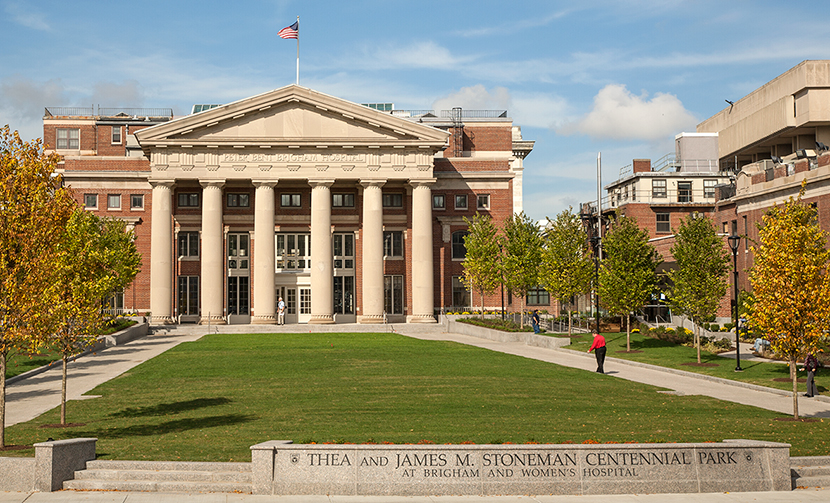Please join us in welcoming Amy E. Hackmann, MD, FACS, as a new faculty member in the Department of Surgery.

Amy E. Hackmann, MD, FACS
Associate Surgeon, Division of Cardiac Surgery
Dr. Hackmann received her undergraduate degree in chemistry and her medical degree from the University of Missouri, Kansas City. She received general surgery residency training at the University of South Florida and completed a residency in cardiothoracic surgery at the University of Southern California, Los Angeles. She completed a research fellowship in vascular surgery at Washington University, St. Louis and a fellowship in cardiothoracic transplantation and mechanical circulatory support at the University of Pittsburgh Medical Center. She is certified by the American Board of Surgery and the American Board of Thoracic Surgery.
Before joining the Brigham, Dr. Hackmann was an associate professor of cardiovascular and thoracic surgery, chief of Extracorporeal Life Support (ECMO) and associate program director of the thoracic surgery residency at UT Southwestern Medical Center, as well as medical director of Cardiovascular/Thoracic ECMO at the Parkland Health & Hospital System. She is a member of various medical institutions, including the American Association for Thoracic Surgery (AATS), the International Society for Heart and Lung Transplantation (ISHLT), the Society of Thoracic Surgeons (STS) and Women in Thoracic Surgery (WTS).
Dr. Hackmann is an adult cardiac surgeon with a clinical focus in heart and lung transplantation and both temporary and durable mechanical circulatory support. She is involved in education efforts for multiple international societies including AATS, STS and the Extracorporeal Life Support Organization (ELSO). Her research interests include ECMO outcomes, mechanical support for cardiogenic shock and ECMO during CPR (ECPR).


